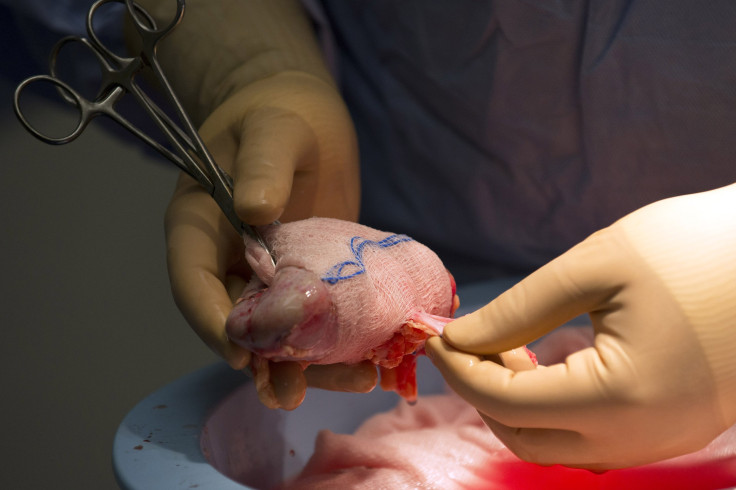Two new kidney cancer drugs highly increase patient survival; future ‘practice-changer,’ say experts

Two new drugs developed for hard-to-treat advanced kidney cancer have successfully worked and increased the survival of the patients in clinical trials. Presented at the European Cancer Congress, the drugs were proven safe and effective to halt cancers that turn off the immune system, while the other stops the spreading tumour.
Figures show that kidney cancer has been the eighth most common cancer in the UK, with survival rate falling drastically once the tumour spreads to other parts of the body. Among kidney patients, only one-in-10 people is projected to live for the next five years after diagnosis. However, the development of the two new treatments would "greatly expand the arsenal" of available drugs, Cancer Research UK said.
The study, published in the New England Journal of Medicine, shows that one of the treatments, the immunotherapy drug nivolumab, was tested under the first trial called Checkmate 025. The researchers say that the nivolumab was already known for two to three years for its effectiveness in various types of skin and lung cancer prior to tests on kidney cancer patients.
The drug works by stopping a cancer that shuts down the immune system. The nivolumab has increased the average survival of 821 patients on the trials from 19.6 months with standard therapy to 25 months.
Dr James Larkin, a consultant at the Royal Marsden Hospital, told the BBC that the development was another “big day for immunotherapy for cancer and one of the biggest days for kidney cancer for some time.”
The second drug has also showed effectiveness on hundreds of patients. The targeted therapy cabozantinib, tested under the trial, Meteor, has doubled the survival of 658 patients from 3.8 months to 7.4 months. A strong trend showing that survival may improve in patients taking the cabozantinib compared to standard therapy has been already seen by the researchers earlier in the Meteor trial, according to Professor Toni Choueiri from Harvard Medical School.
Advanced kidney cancer was found by doctors hard to treat because of drugs particularly difficult to be effective. However, Dr Alan Worsley, from Cancer Research UK, said both of the new drugs appeared with fewer side-effects and to work better than one of the current options to treat cancer, called everolimus drug.
“Importantly, data from this analysis show that a greater proportion of patients had tumours that shrank in response to nivolumab than to everolimus,” said Padmanee Sharma, scientific director of the Immunotherapy Platform at the MD Anderson Cancer Centre, U.S, in a statement. “It is exciting to see the outcome of this study, as the results are significant and clinically meaningful to patients and healthcare professionals alike,” she added.
Professor Peter Naredi, the scientific co-chair of the Congress, described the drugs "most likely will be practice-changing." However, the two treatments are still not publicly available to the clinic, but the researchers are hoping for the treatments to be approved as a standard of care therapy for the advanced kidney cancer patients.
Contact the writer at feedback@ibtimes.com.au or tell us what you think below






